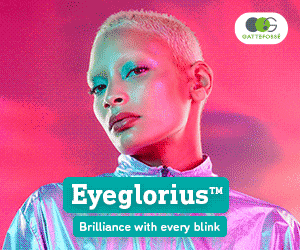In the aftermath of the PIP scandal, the Department of Health commissioned a full scale review into the regulation of cosmetic interventions in the UK. Lucy Copp explores the final report’s recommendations and the industry’s response
In June last year, after an agonising wait for an estimated 47,000 women in the UK and 300,000 women in France, the final report into the PIP breast implant scandal was published, which concluded that the industrial silicone implants –originally intended for use in mattresses – were not deemed to cause a long term threat to human health, although they were more likely to rupture than other implants. While the report went some way to reassure those directly affected, patients, practitioners and industry bodies were left shaken as the realisation set in that the health scare not only highlighted the illegal practice of Poly Implant Prothèse (the company that produced the PIP implants), but also a very serious shortfall in the regulation of the cosmetic surgery industry at large.
Taking action
Following the PIP scandal, the Department of Health (DH) announced plans to commission a full scale independent review into the regulation of the aesthetics sector carried out by a Review Committee under the leadership of NHS England Medical Director, Sir Bruce Keogh. The review aimed to address the pressing issues of product quality, after care and record keeping, highlighted by the PIP scandal, as well as those surrounding misleading advertising, inappropriate marketing and unsafe practices, right across the aesthetics sector from invasive to non-invasive procedures. In April this year, the final report of the Review of the Regulation of Cosmetic Interventions was published and 40 recommendations outlined in detail. Three key areas were highlighted as needing change including: high quality care, with safe products, skilled practitioners and responsible providers; an informed and empowered public, to ensure people get accurate advice and that the vulnerable are protected; and accessible redress and resolution, in case things go wrong.
Key recommendations
The Review Committee went into great detail surrounding the 40 recommendations proposed. Among these, the report called for:
High quality care
- EU regulations on medical devices to be extended to cover all cosmetic implants including dermal fillers



